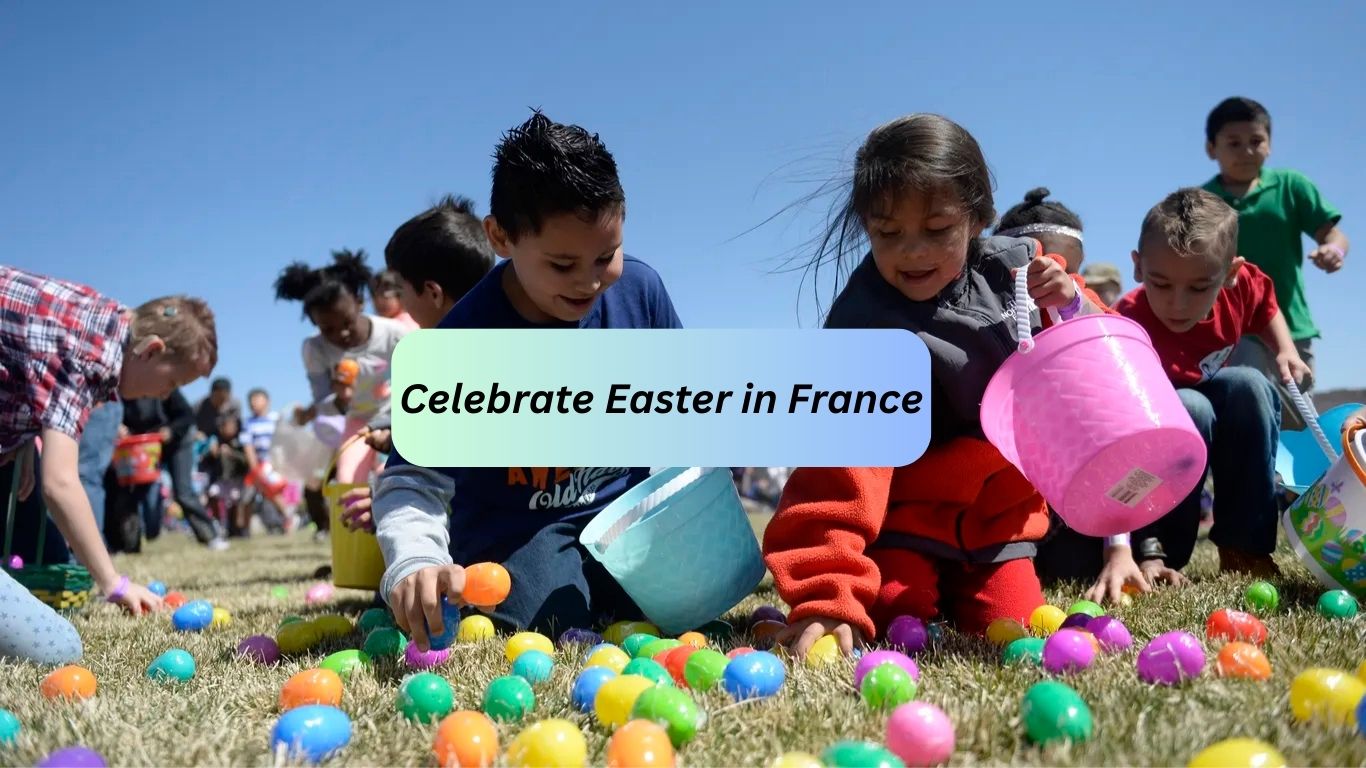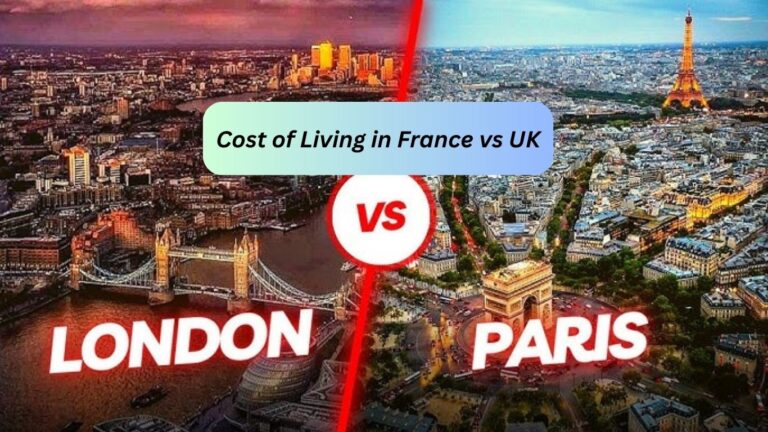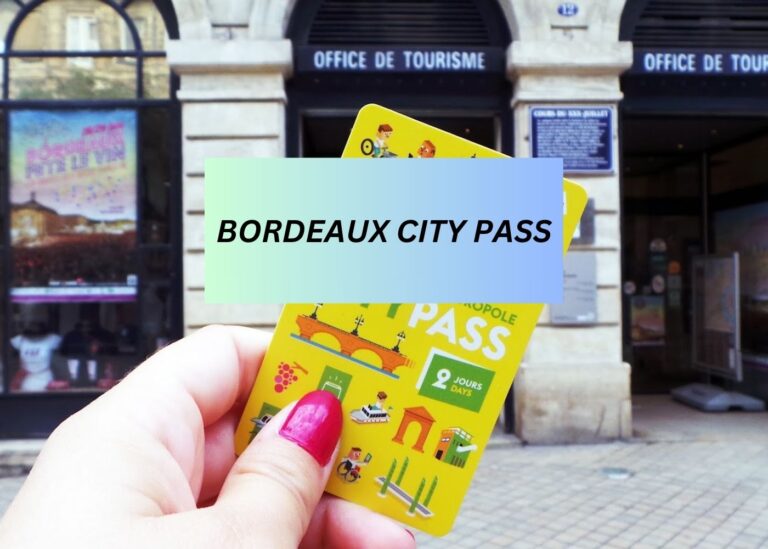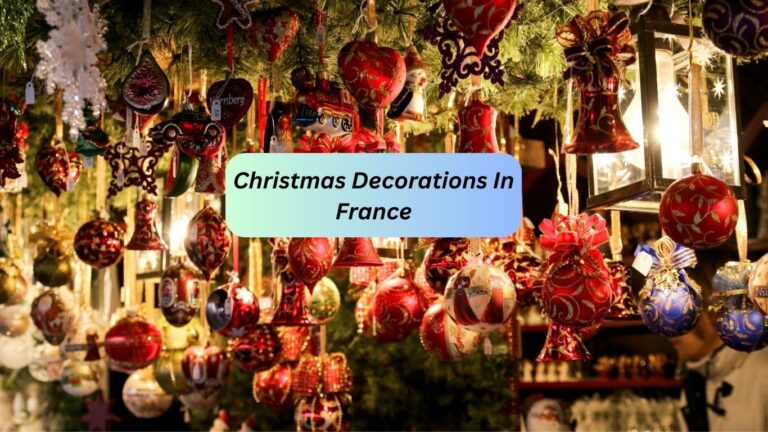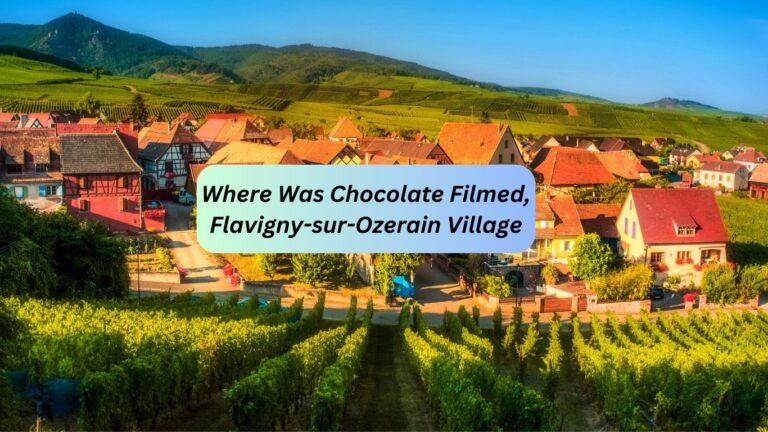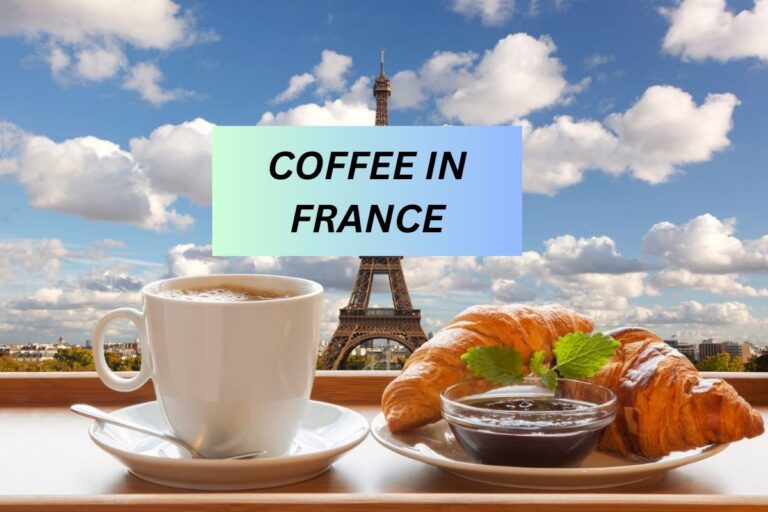How to Celebrate Easter in France: 10 French Easter Traditions
As spring breathes new life into the picturesque landscapes of France, so too does Easter emerge as a vibrant tapestry of tradition, culture, and culinary delight. Imagine wandering through charming villages adorned with colorful flowers and joyous decorations, where the air is filled with the sweet scent of chocolate and freshly baked pastries.
HOW DO THEY CELEBRATE EASTER IN FRANCE?
In France, Easter is a time of elaborate celebrations filled with cultural traditions and delicious food. One unique tradition is the flying bells, where church bells are silenced from Good Friday to Easter Sunday and children are told that they have flown to Rome. On Easter Sunday, the bells return and bring chocolate eggs for the children, adding a touch of magic to the holiday.
Easter in France is the mouthwatering culinary delights enjoyed during this time. From savory dishes like roasted lamb and poultry to sweet treats including chocolate bunnies and pastries, French families gather around the table to indulge in festive feasts.
WHEN IS EASTER IN FRANCE IN 2024?
In 2024, Easter will fall on Sunday, April 7th in France. This date marks a significant religious and cultural event for the people of France, as it is a time for families to come together and celebrate the resurrection of Jesus Christ. The French traditionally observe Easter with various customs and traditions, such as attending church services, decorating eggs, and enjoying festive meals with loved ones.
WHAT IS EASTER IN FRENCH?
one common nickname for Easter in French is ‘Fête de Pâques,’ which translates to ‘Easter Feast.’ This name not only highlights the importance of gathering together with family and friends but also emphasizes the abundance of delicious food shared during this special holiday.
10 EASTER TRADITIONS IN FRANCE
1. In France, Easter is not just a time for egg hunts and chocolate bunnies, but also for unique traditions deeply rooted in the country’s history and culture. One interesting tradition is the burning of Judas effigies on Easter Sunday, where giant puppets representing Judas Iscariot are set on fire in some regions. This symbolizes the betrayal of Christ and is a way to purge any negativity or evil from the community.
THE GIANT EASTER OMELETTE IN BESSIÈRES
Every year, on Easter Monday, volunteers from the Brotherhood of the Giant Omelette gather to crack thousands of eggs and stir them with care, adding herbs and sometimes even truffles for extra flavor. As the giant omelette slowly cooks over an open flame, its aroma wafts through the air, drawing crowds who eagerly await their share. The sense of community and camaraderie that surrounds this tradition is what truly makes it special – bringing people together to celebrate good food and good company under the spring sun.
FRENCH EASTER BELLS (LES CLOCHES DE PÂQUES)
In France, Easter bells have their own unique storyline during the Easter season. These bell-shaped figures are known as les Cloches de Pâques in French culture and play a significant role in the Easter traditions. Interestingly, these bells are not just any ordinary bells; they are believed to fly off to Rome on Good Friday and return on Easter Sunday, bringing back chocolates and goodies for children.
EASTER EGGS IN FRANCE (LES OEUFS DE PÂQUES)
For many French people, Les Oeufs de Pâques go beyond being just a sweet treat – they embody joy, creativity, and community spirit. The act of giving beautifully crafted eggs to loved ones conveys sentiments of hope and renewal during this festive time of year. Whether enjoying a chocolate egg hunt or admiring hand-painted creations, Easter eggs continue to be cherished symbols of celebration throughout France.
EASTER CHOCOLATE IN FRANCE (LE CHOCOLAT DE PÂQUES)
One unique tradition in France during Easter is the hiding of small chocolate bells or fish around the house for children to find, reminiscent of the church bells that don’t ring on Good Friday. This adds an element of excitement and mystery to the holiday, creating lasting memories for families. The elaborate displays in patisseries and chocolateries entice both locals and tourists alike, showcasing the skillful blending of flavors and textures that make French Easter chocolates so special.
THE EASTER EGG HUNT (LA CHASSE AUX OEUFS)
As the last few eggs were found and the final cheers rang out, families gathered together to celebrate with shared treats and laughter. The tale of La Chasse Aux Oeufs would be retold for years to come, becoming a cherished memory woven into the fabric of their lives. And so another Easter came to an end but left behind a trail of happiness and community bonds that would endure long after the decorations were packed away until next year’s hunt beckoned once more.
THE EASTER BRIOCHE IN FRANCE – MOANA
In France, the cost of purchasing an Easter brioche can vary depending on where you buy it and its size. Typically, a small individual-sized brioche can cost around 2-3 euros, while larger ones meant to share with family and friends might range from 5-10 euros. Despite the price tag, many French families see buying and sharing Easter brioches as an essential part of their holiday celebrations, making it well worth the cost for both taste and tradition alike.
EASTER FOOD IN FRANCE (L’AGNEAU PASCAL)
When it comes to price and cost, L’Agneau Pascal can vary depending on factors like quality, region, and preparation method. While a high-quality lamb may come with a heftier price tag, the exquisite taste and tenderness justify the expense for many connoisseurs. Despite being considered a luxury dish by some due to its price point, the cultural significance and exceptional culinary experience make it a worthwhile indulgence during Easter festivities in France
FRENCH EASTER CAKE (LAMMALA)
French Easter cake, also known as Lammala, is a delightful treat that embodies the essence of spring with its light and fluffy texture. Made with a harmonious blend of butter, sugar, flour, and eggs, this traditional cake offers a sweet and indulgent experience that will satisfy any dessert lover’s cravings. The simplicity of its ingredients allows the natural flavors to shine through, creating a mouthwatering taste that is both comforting and nostalgic.
EASTER MARKETS IN FRANCE (LE MARCHÉ DE PÂQUES)
Easter Markets in France, known as Le Marché de Pâques, offer a delightful array of seasonal treats that tantalize the taste buds of visitors. From traditional chocolate eggs to artisanal pastries and savory delights, these markets celebrate the spirit of Easter with gastronomic indulgence. The prices at these markets can vary depending on the region but often provide a range of options to suit all budgets.
EASTER DECORATIONS
When it comes to Easter decorations, finding the right balance between taste and cost is key. While it’s easy to get carried away with elaborate and expensive decor, sometimes simplicity can be just as effective. Opting for DIY decorations using affordable materials like paper, fabric, or even natural elements like flowers and branches can create a charming and budget friendly Easter display. Embracing a minimalist approach can also help highlight the true essence of Easter, focusing on themes of rebirth and renewal rather than extravagance.
FAQs
What are Easter traditions in France?
French people wish each other “Joyeuses Pâques”. Easter traditions in France include chocolate, bells, eggs, rabbits, chicken and lamb! French people traditionally eat lamb at Easter, the most traditional dish is a leg of lamb cooked in the oven with provençal herbs, cumin, garlic and olive oil.
What are the traditions of Easter?
Easter traditions include sunrise services or late-night vigils, exclamations and exchanges of Paschal greetings, flowering the cross, the wearing of Easter bonnets by women, clipping the church, and the decoration and the communal breaking of Easter eggs (a symbol of the empty tomb).
How do children celebrate Easter in France?
Usually one member of every family shouts, “the bells have passed” and all the children run to collect the chocolate eggs. The egg is a symbol of fertility and rebirth: it is the perfect representation of Spring. In France, this tradition is linked to Easter celebrations which began in the 13th century.
What is the French Easter feast?
The meal usually consists of chicken or lamb, served with roasted potatoes and sides of vegetables usually seasonal carrots. As asparagus come into Season, they are often served as a starter or as a side as well.
How do people celebrate Easter in Paris?
Every year on Easter Sunday, the French celebrate Pâques des Rameaux (Palm Sunday) by gathering palm fronds and other greenery to decorate churches in Paris. In addition, there are parades and processions celebrating Jesus’ resurrection throughout the city.

